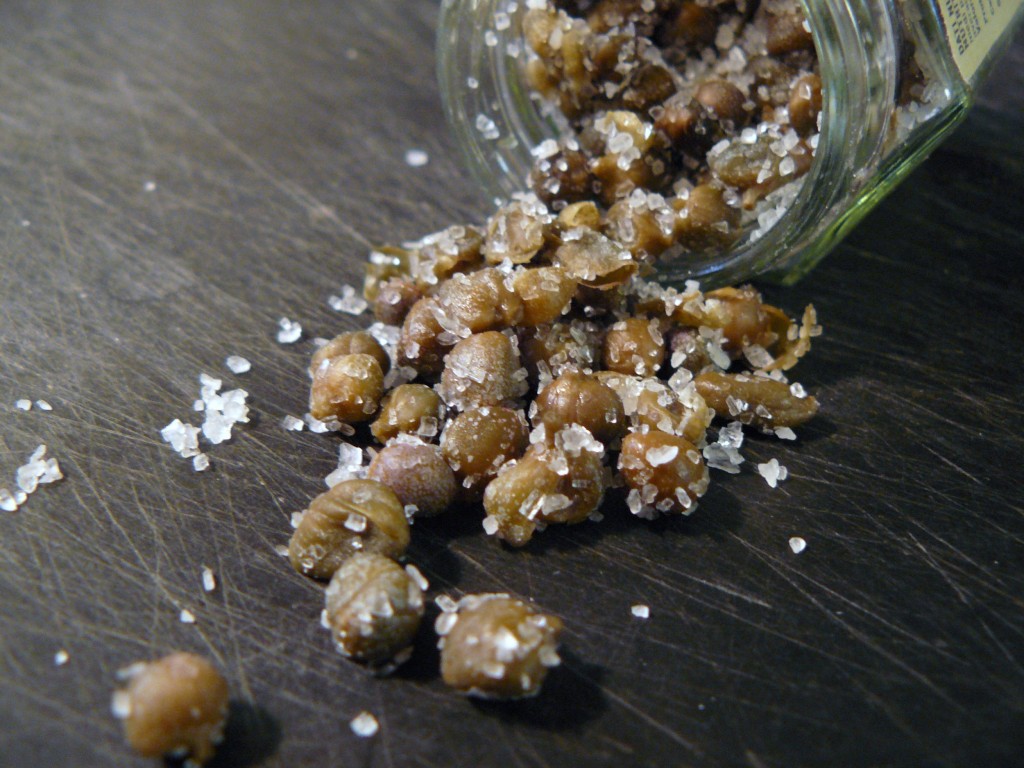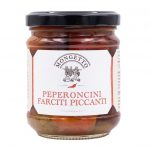Tips for cooking with capers

A few tips I picked up on using capers on Pantelleria:
To rinse or not to rinse?
Unsurprisingly, salt packed capers are pretty salty. Cooks are often advised to rinse capers before using them. But how much rinsing is really necessary? Not everyone agrees. One man I asked said he never rinses his at all; he just doesn’t add any additional salt when he cooks with them. Another told me that he likes to rinse his for 1-2 minutes before adding them, but also advised that some people prefer to soak them for 3-4 hours. “Then you taste, and you see if you like,” he said. He did not say how much longer you might continue to soak them if you did not like. In general, the longer you soak and the more often you change the water, the less briny the caper will be. Ultimately, tasting is the best way to know if you think the capers have soaked long enough.
Size matters
On Pantelleria, capers are sorted into three sizes: small, medium, and large. The different sizes are used for different purposes. The smallest ones (about the size of a pencil eraser) have the firmest texture, but the least aroma. They’re best for salads where you really want that firm pop in the bite. The largest ones (big blueberry size), by contrast, tend to be softer but have the most intense floral flavors. They’re the best when texture doesn’t matter, such as when you’re grinding your capers into a pesto or other sauce. The middle-sized ones are the happy medium of texture and flavor, and can be used in just about any application: mixed into vegetable dishes or tomato sauces, with pasta, over poultry or seafood.
One final note about size: the smallest capers are usually the most expensive. That’s not necessarily to say they’re the best. Capers are picked by hand and sold by weight; it takes more labor to produce a kilo of small capers than a kilo of large capers.
Add at the end
A good caper is firm and has a delicate aroma. Cooking it for a long time will make the texture mushier and leach out some of the flavor. To get the full effect of a good caper, add it to the dish at the very end of your cooking, like you would fresh herbs.




Zingerman’s Art for Sale